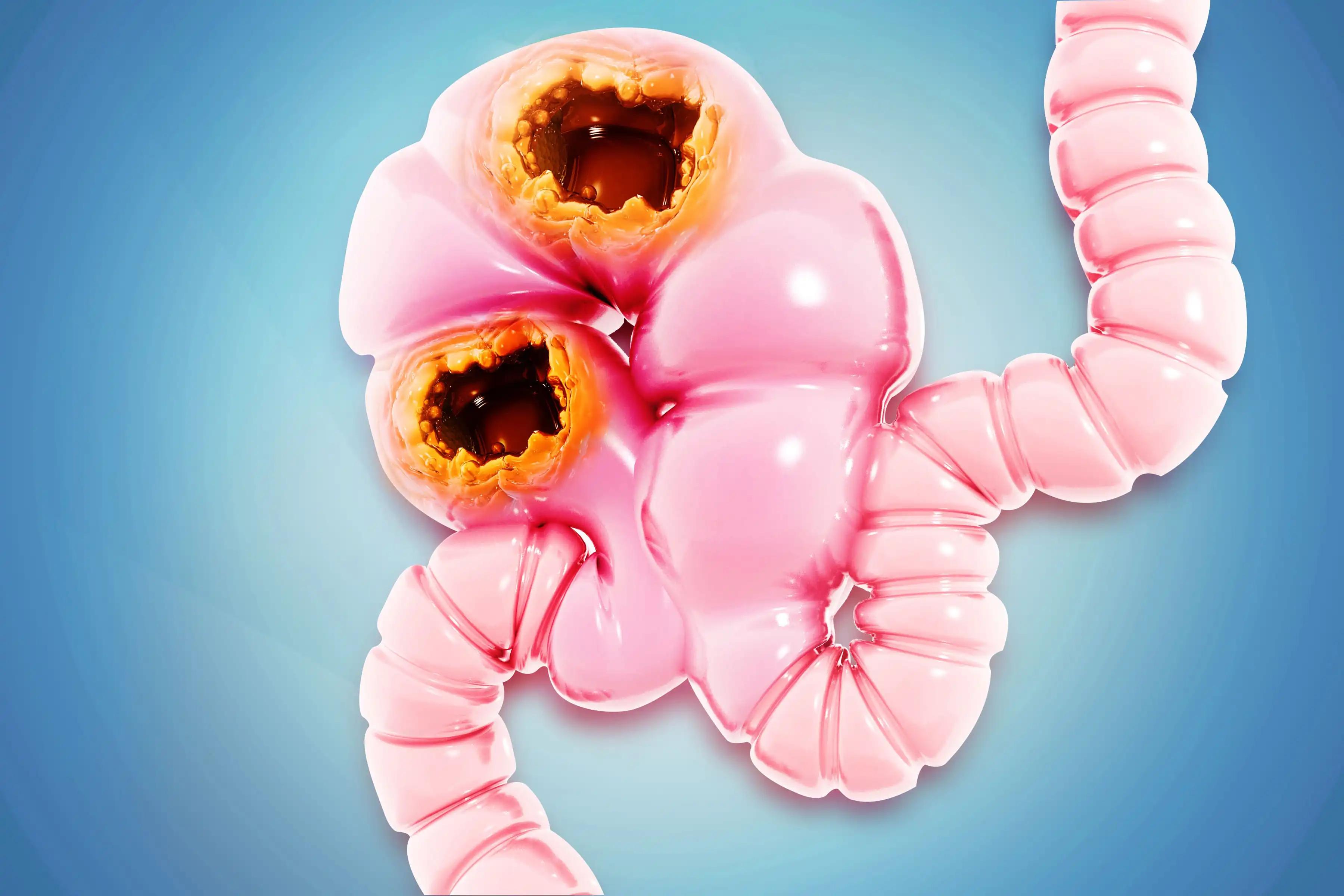KEY TAKEAWAYS
- The study aimed to assess SFRP2 gene methylation as a clinical biomarker in specimens of various patients with CRC.
- Researchers noticed that promoter methylation of the SFRP2 gene serves as both a prognostic and therapeutic candidate.
Several studies have suggested secreted frizzled-related protein 2 (SFRP2) gene as a potential clinical biomarker in colorectal cancer (CRC). However, its diagnostic role remains unclear.
Hatim Boughanem and the team aimed to investigate the significance of SFRP2 methylation levels in a large cohort of biological specimens (including blood, adipose, and colonic tissues) from patients with CRC, thereby potentially identifying new biomarker utility.
They performed an inclusive analysis of the expression (by qPCR) and methylation status (by 450K DNA array and DNA pyrosequencing) of the SFRP2 gene in healthy participants (N = 110, aged 53.7 ± 14.2, 48/62 males/females) and patients with CRC (N = 85, aged 67.7 ± 10.5, 61/24 males/females) across different biological tissues. This was done to assess the potential of SFRP2 as a biomarker for CRC.
The study revealed that SFRP2 promoter methylation in whole blood could predict cancer stage (I + II vs. III + IV) (AUC = 0.653), lymph node invasion (AUC = 0.692), and CRC recurrence (AUC = 0.699) in patients with CRC (all with P < 0.05). Furthermore, global hypomethylation of SFRP2 in tumors compared to the adjacent area (P < 0.001) was observed. This observation was validated in the TCGA-COAD and TCGA-READ cohorts, demonstrating overall hypermethylation (both with P < 0.001) and low expression (P < 0.001), as shown in publicly available scRNA-Seq data.
Additionally, the study investigated the effect of recombinant human SFRP2 (rhSFRP2) as a therapeutic target on cell proliferation, migration, and the expression of key genes related to carcinogenesis and the Wnt pathway.
Notably, neoadjuvant-treated CRC patients exhibited lower SFRP2 methylation levels compared to untreated patients (P < 0.05), and low promoter SFRP2 methylation in untreated patients was associated with poor overall survival (P < 0.05) when compared to high methylation. Finally, treatment with 5 µg of rhSFRP2 treatment in CRC cells (HCT116 cells) inhibited cell proliferation (P < 0.001) and migration (P < 0.05) and downregulated the expression of AXIN2 (P < 0.01), a gene involved in the Wnt signaling pathway.
The study concluded that promoter methylation of the SFRP2 gene is a significant prognostic candidate in CRC when assessed in blood and serves as a therapeutic prognostic candidate in tumors, making it potentially valuable in clinical practice. Additionally, SFRP2 emerges as a promising therapeutic option, offering new clinical and therapeutic avenues.
This study was funded by “Centro de Investigacion Biomédica en Red Fisiopatología de la Obesidad y Nutricion,” which is an initiative of the “Instituto de Salud Carlos III” (ISCIII) of Spain, financed by the European Regional Development Fund, “A way to make Europe”/ “Investing in your future” (CB06/03), a grant from ISCIII (PI18/01399, PI21/00633) and a grant from Consejeria Universidad, Investigacion e Innovacion Junta de Andalucia (PY20-01270). HB is supported by a predoctoral fellowship (“Plan Propio IBIMA 2020 A.1 Contratos predoctorales”, Ref.: predoc20_002) and by a “Sara Borrell” postdoctoral contract (CD22/00053) from the Instituto de Salud Carlos III—Madrid (Spain), “Financiado por la Unión Europea – NextGenerationEU” y mediante el Plan de Recuperación, Transformación y Resiliencia. LAGF was supported by a “Sara Borrell” postdoctoral contract (CD21/000131) from the Instituto de Salud Carlos III—Madrid (Spain). M.M.G. was the recipient of the Nicolas Monardes Programme from the “Servicio Andaluz de Salud, Junta de Andalucia,” Spain (RC-0001–2018 and C-0029–2014).
Source: https://pubmed.ncbi.nlm.nih.gov/38802858/
Boughanem H, Pilo J, García-Flores LA, et al. (2024). “Identification of epigenetic silencing of the SFRP2 gene in colorectal cancer as a clinical biomarker and molecular significance.” J Transl Med. 2024 May 27;22(1):509. doi: 10.1186/s12967-024-05329-x. PMID: 38802858; PMCID: PMC11129357.



